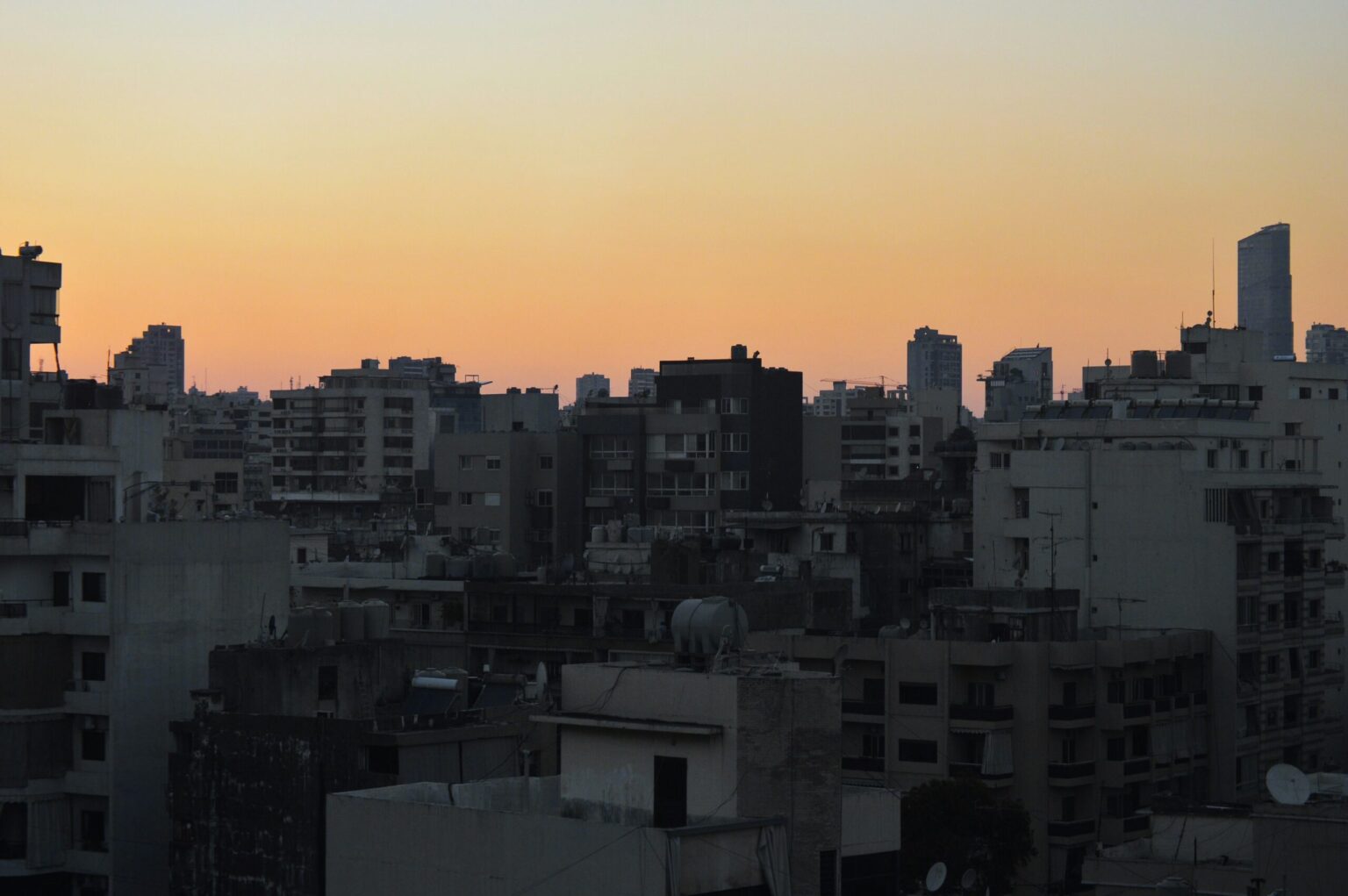On January 25, 2025, Hamas revealed a significant development in the ongoing conflict with Israel, announcing a breakthrough in negotiations that would see the release of four Israeli female soldiers. These soldiers, captured during clashes in the preceding months, are part of a broader prisoner exchange agreement aimed at reducing tensions in Gaza. The announcement came after weeks of discreet talks, mediated by international actors such as Qatar and Egypt, which were designed to ease the escalating violence in the region and pave the way for a potential ceasefire.
The release of these soldiers is being hailed as a crucial step in the fragile peace process between Israel and Hamas. Both sides have signaled a desire to de-escalate hostilities and address the worsening humanitarian crisis in Gaza, where millions are suffering from the consequences of the ongoing conflict. This move is viewed as a gesture of goodwill that could help ease tensions, although it also remains a point of negotiation for future agreements.
In reaction to the announcement, Israeli Prime Minister Naftali Bennett expressed cautious optimism. While acknowledging the humanitarian significance of the release, he underscored that Israel’s security concerns regarding Hamas remain unchanged. The Israeli government has consistently voiced its opposition to Hamas, labeling it a terrorist organization, and has expressed concerns over the group’s military activities. Israeli officials are now focused on negotiating a larger-scale prisoner swap that could involve Palestinian detainees held in Israeli prisons, signaling that the release of these four soldiers may be just the beginning of a more comprehensive deal.
International organizations, including the United Nations and human rights groups, have welcomed the release, seeing it as a positive development amid the ongoing violence. These organizations have called on both Israel and Hamas to extend the ceasefire and ensure that humanitarian aid can flow into Gaza to alleviate the suffering of civilians. The exchange has raised hopes that it could lead to more opportunities for peace talks, especially as the humanitarian situation in Gaza continues to worsen.
However, many experts remain cautious about the potential for lasting peace. The deep-rooted political and territorial divisions between Israel and Hamas persist, with core issues such as the status of Jerusalem, Palestinian statehood, and the blockade of Gaza remaining unresolved. While this exchange offers a moment of hope, experts warn that the underlying tensions that have fueled the conflict for decades may take more than a few gestures to overcome.
As the situation continues to evolve, both Israel and Hamas face immense pressure to deliver tangible progress toward a broader peace agreement. Whether this prisoner exchange will serve as a foundation for future negotiations or remain a short-lived moment of optimism is yet to be seen. For now, the focus remains on the delicate balance of easing hostilities, addressing humanitarian needs, and determining the next steps in a complex and ongoing conflict.
